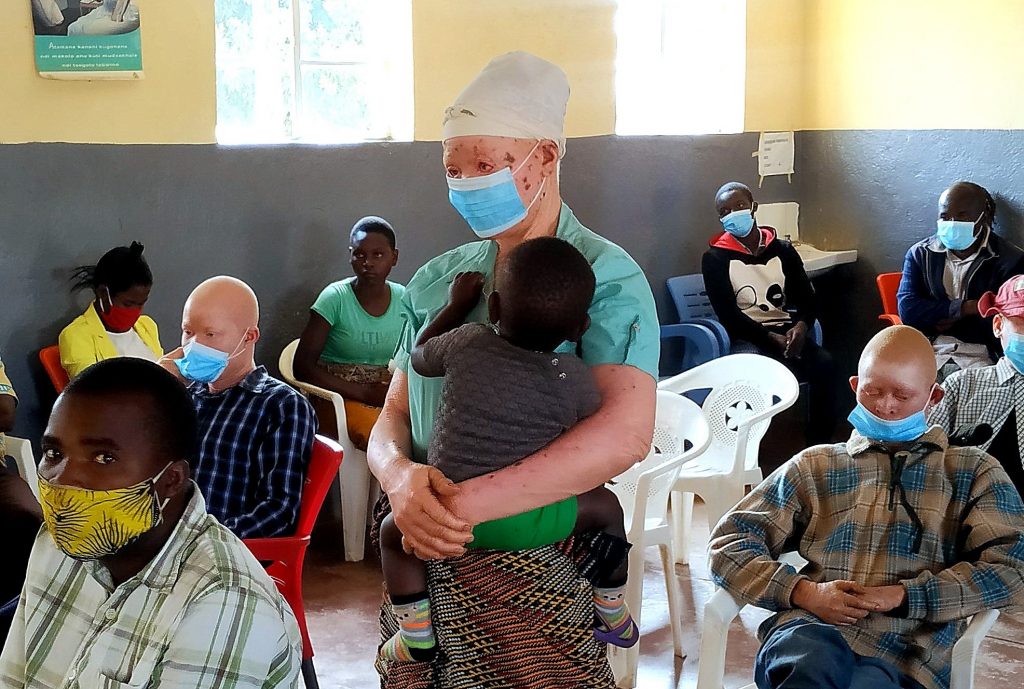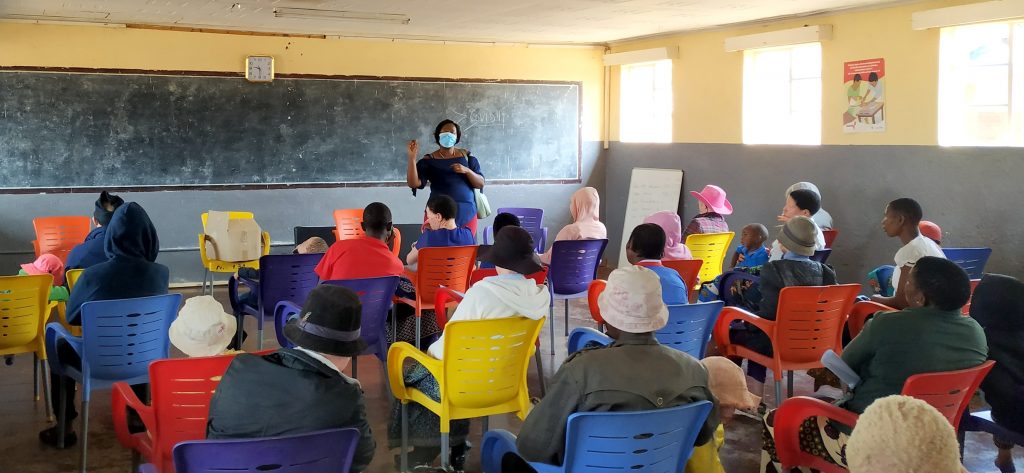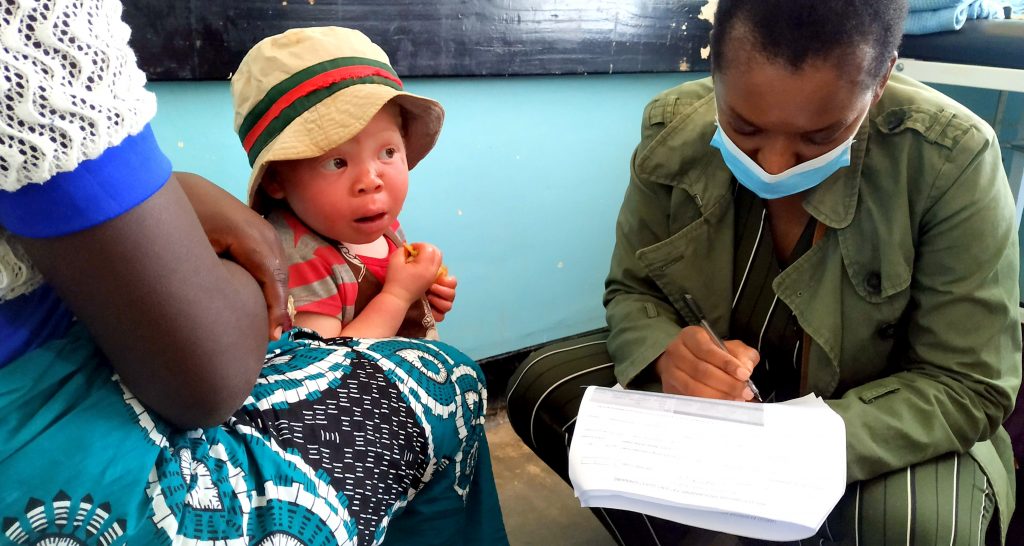Interview with Devline Msowoya, Director of Operations of Beyond Suncare in Malawi
- What is the current situation in Malawi regarding the COVID-19 pandemic?
Unfortunately, the situation is getting worse considering that the country is experiencing an average 50% increase in new cases per fortnight. As of August 10, the country had recorded 4,714 confirmed cases, 2,477 recoveries and 152 deaths. Our fragile and precarious health system are contributing to central hospitals being overwhelmed by the growing number of patients in need of supplemental oxygen. In view of the inadequate supply of oxygen and respirators, an appeal has been made to well-wishers and donors to help with resources to address the situation.
A recent survey confirms that 80% of the population is not afraid of the consequences of the VIDCO19 pandemic, making it more difficult to combat it.
Our form of community life in which everything is shared, from space to daily resources, makes the situation difficult. In addition, the limited number of diagnostic tests means that few people have been tested raising fears that there are many more positive cases than confirmed, as well as countless contacts that pose a great threat to our communities.
- In particular, how are people with albinism in the country living with this situation and have they been particularly affected by the pandemic?
People with albinism are not safe from this pandemic. Most of them live in a precarious economic situation and therefore lack resources to cope with COVID-19 preventive measures, without access to hand washing soap, disinfectants or masks.
Indirectly, the coronavirus has also affected the availability of sunscreen lotions as the recommendation to stay home limits the access to hospitals and clinics.
Limited mobility increases people’s fear of being persecuted and attacked if they move, contributing to their inability to leave for health care.
- How has the work of the Beyond Suncare changed in the past months?
The work of Beyond Suncare is among the essential health services in Malawi, so it has not slowed down due to the pandemic, although we face significant challenges due to it. As we continue to move forward, we are generating hope for better life expectancy among people with albinism.
News of the benefits of our program is spreading rapidly across the country because of the satisfaction of people with albinism with it.
Just this month we have launched a pilot project in 19 hospitals and health centres in 6 districts of the country to decentralize services, ensuring access in the most remote locations.
Because of the pandemic, preventive measures have been integrated into Beyond’s training and education plans. In these plans, COVID-19 is discussed and educated, and in all health centers we provide resources to ensure prevention (masks, disinfectants, soap, water and hand washing basins) as well as the maintenance of social distances. All preventive measures are carefully monitored at all times.
- How do you see the situation around the pandemic in the short and long term?
Overall, the pandemic has created panic across the country and fears of a slowdown in various activities that drive economic growth and this, in the long term, will accelerate poverty in our already impoverished nation.
Border closures as a control measure have limited the entry into Malawi, not only of people but also of basic necessities such as our photo protector UMOZI MAX. Once Beyond Suncare establishes the local production laboratory in our country, the challenge will still be to import some raw materials. Our government must remain alert and work hard to control the pandemic, but certain preventive measures are collaterally causing much pain and death. Restricting the importation of essential goods (and the consequent increase in costs) is one of them.
Devline Msowoya
Beyond Suncare Regional Coordinator for Southern and Eastern Africa




